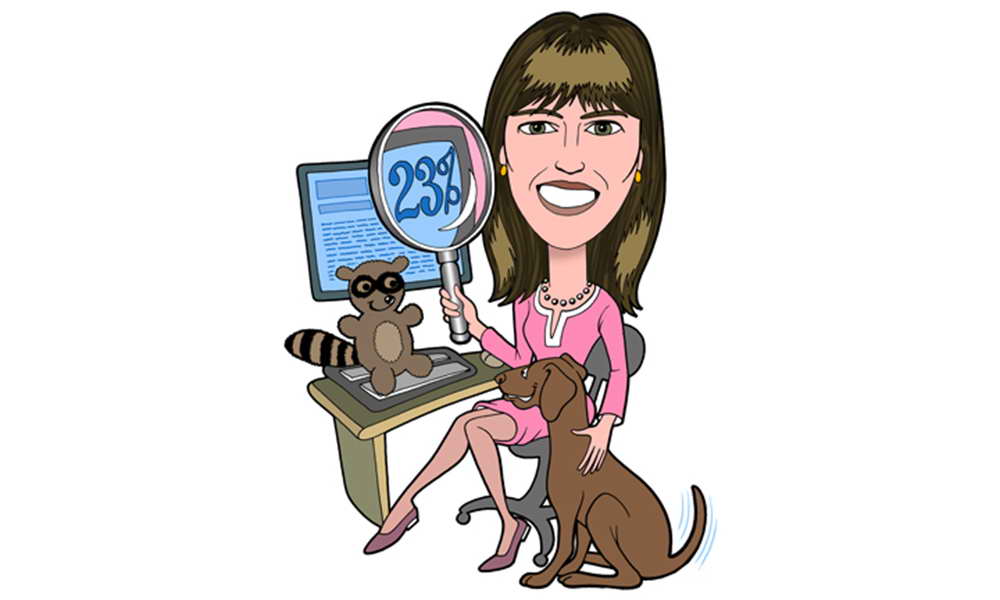By Barbara Carvalho
Since 1992, “It’s the economy, stupid!” has been the mantra of American politics. Now, a frustrated electorate is waiting impatiently for any signs the economy is picking up.
 There have been faint, sporadic glimmerings of improvement in some economic news. This month’s Marist Poll of Americans found that 33% of residents expect their family finances to improve in the next year. That’s up from 28% in Marist’s April 2009 survey.
There have been faint, sporadic glimmerings of improvement in some economic news. This month’s Marist Poll of Americans found that 33% of residents expect their family finances to improve in the next year. That’s up from 28% in Marist’s April 2009 survey.
These numbers are promising but nothing to write home about. And, the latest national reports on job growth, coupled with other economic indicators, have been disappointing. What’s going on? The electorate is assessing economic growth in terms of jobs. They understand what it means to be a lagging and not a leading indicator. The Gallup Poll estimates the number of underemployed at 18% and the long-term jobless face even tougher prospects. Recent gains in jobs were mostly tied to temporary hires for the Census. But, that’s old news. The addition of 83,000 private sector jobs in June did not keep pace with need as more than 600,000 Americans left the workforce. As The New York Times pointed out, this resulted in a somewhat “illusory decline” in unemployment to 9.5% from 9.7% last month. On the surface, this looks like an improvement. But again, it’s nothing to write home about.
The economic collapse from the fall of 2008 has lingered. Americans sense there’s no quick fix. As pols look ahead to this November’s elections, no doubt, they are worried whether there will be a sufficient economic recovery to cover their political backs. The White House is in an internal tussle between the deficit hawks vs. those who argue that the government must kick in with some added money to avoid a slowdown. The GOP is trying to tap into the frustration but needs to find a way to provide answers without being tagged obstructionists. The latest national Marist Poll shows that voters are almost evenly split between supporting their current congress person and casting their lot with someone new. A majority of Democratic voters want to stay the course whereas it’s the GOP’ers who want to throw the bums out. Independents are also clamoring for change. But, will it be an anti-incumbent or a partisan choice? This is a storyline that is still being written.
Regardless of which political force dominates this fall’s elections, expect the economy to be front and center, and the jobs agenda to be driving the discussion.

